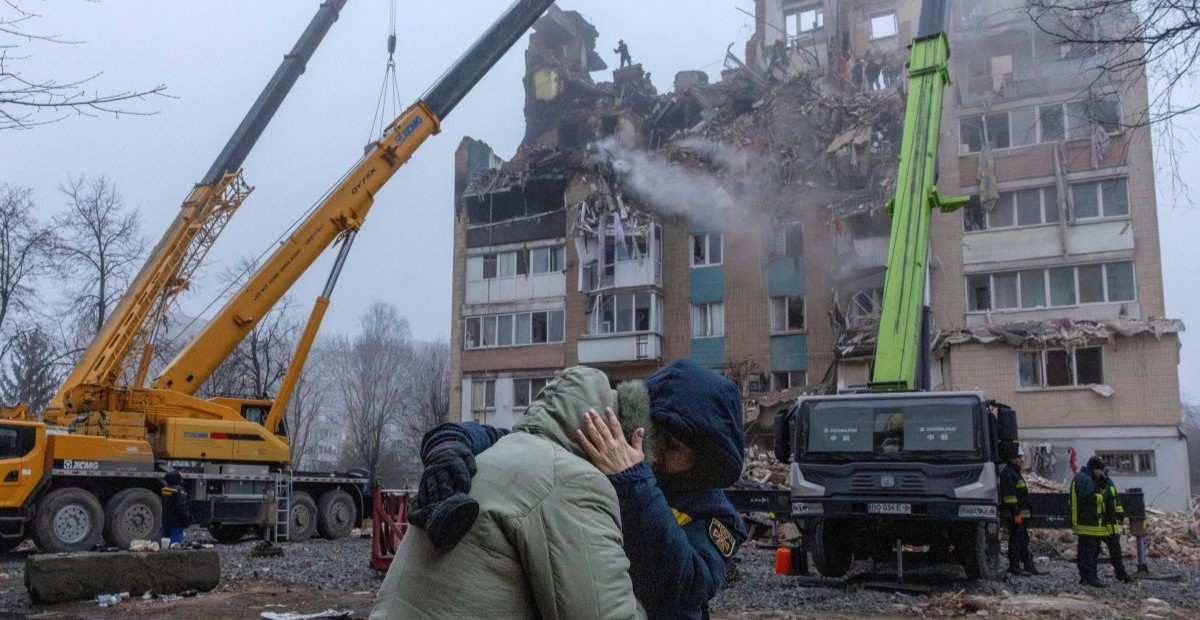2.6 million: More than 2.6 million people in North Korea, or over 10 percent of the population, live under slavery, the highest number for any country in the world according to the 2018 Global Slavery Index. The report’s definition of slavery includes victims of traditional slavery, human trafficking, forced labor, debt bondage, forced or servile marriage, and the sale and exploitation of children.
250,000: Sondos Alqattan, a Kuwaiti social media star known for beauty tips, made news this week with an Instagram post complaining about a new law that gives Filipino guest workers one day off each week and allows them to refuse to surrender their passports to their employers. More than 250,000 Filipinos work in Kuwait, most as maids or domestic helpers. Guest-workers in the Middle East have suffered sometimes deadly abuse at the hands of their employers in cases that rarely make headlines.
17,000:There are nearly 17,000 active criminal cases against members of Pakistan’s outgoing PML-N party for breaking election rules. That compares to just 39 against members of Imran Khan's PTI party.
141: Zimbabwe’s elections may be much fairer than in the past, but the government still has its thumb on the scale. The ruling party, Zanu-PF, recently announced pay hikes for civil servants (17.5 percent), police (20 percent) and soldiers (22.5 percent). And a fingerprint ID system hasn’t erasedfrom the rolls a voter aged 141.
120: The military and civil cyber-security market grew from $3.5 billion in 2004 to $120 billion in 2017. The conflicts of the future will be fought in invisible trenches.
